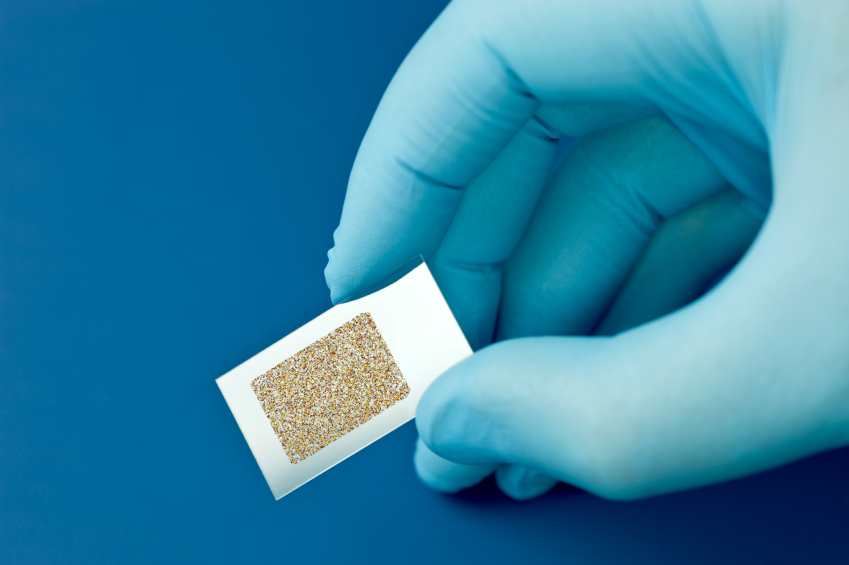
Professor Zhenan Bao of Chemical Engineering in Stanford University will be presenting the Andreas Acrivos Award for Professional Progress in Chemical Engineering Lecture, November 10, 2015
Andreas Acrivos Award for Professional Progress in Chemical Engineering:
In 2014 the Professional Progress Award was renamed the Andreas Acrivos Award for Professional Progress in Chemical Engineering.
In honor of one of the chemical engineering profession’s most influential leaders and one of the great fluid dynamacists of the 20th century, the American Institute of Chemical Engineers (AIChE) has renamed the Professional Progress Award the Andreas Acrivos Award for Professional Progress in Chemical Engineering.
Recognizes outstanding progress in the field of chemical engineering. The awardee will have made a significant contribution to the science of chemical engineering through one of the following means:
- A theoretical discovery or development of a new principle in the chemical engineering field.
- Development of a new process or product in the chemical engineering field.
- An invention or development of new equipment in the chemical engineering field.
- Distinguished service rendered to the field or profession of chemical engineering.
Zhenan Bao, winner of the 2014 Andreas Acrivos Award for Professional Progress in Chemical Engineering and Professor of Chemical Engineering, Stanford University, will be presenting the Andreas Acrivos Award for Professional Progress in Chemical Engineering Lecture.
Skin-Inspired Organic Electronic Materials and Devices
Zhenan Bao, Professor of Chemical Engineering, Stanford University
Skin is the body’s largest organ, and is responsible for the transduction of a vast amount of information. This conformable, stretchable and biodegradable material simultaneously collects signals from external stimuli that translate into information such as pressure, pain, and temperature. The development of electronic materials, inspired by the complexity of this organ is a tremendous, unrealized materials challenge. However, the advent of organic-based electronic materials may offer a potential solution to this longstanding problem. In this talk, I will describe the design of organic electronic materials to mimic skin functions. These new materials enabled unprecedented performance or functions in medical devices, energy storage and environmental applications.

